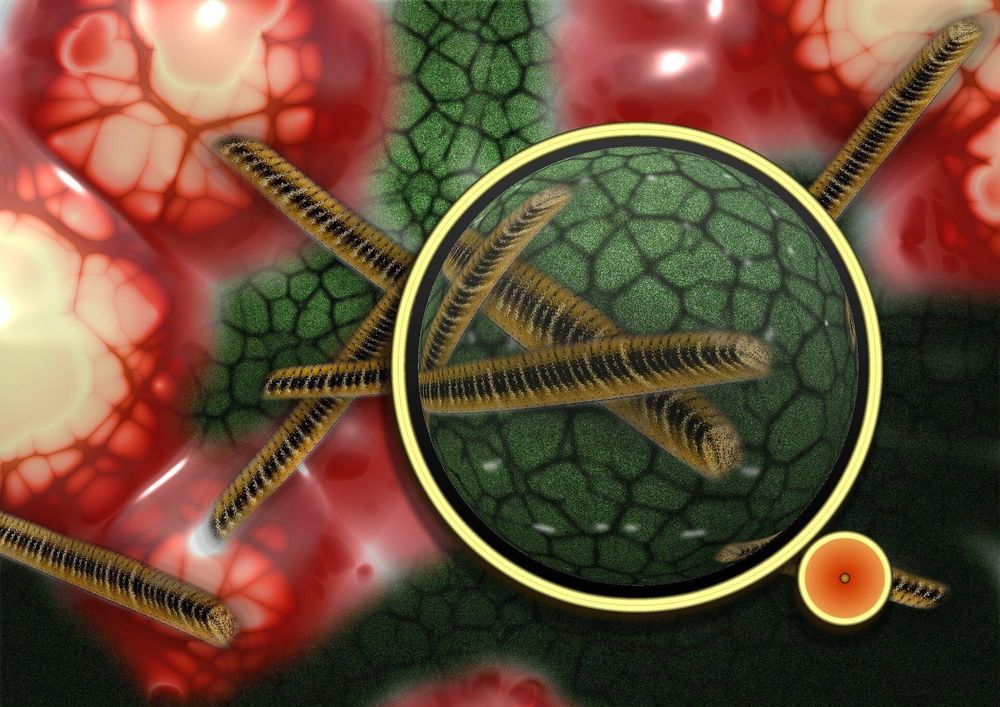An international team based in Austria has unearthed a previously unknown type of virus in samples of human bodily fluids. The researchers were looking for viruses that infect bacteria, known as bacteriophages, with an emphasis on those that attack the Escherichia coli (E. coli) bacterium found in the human gut. The team identified a total of 43 bacteriophages in samples of human bodily fluids, particularly in blood samples. The discovery of such phages in the human body is especially significant because they can pass antibiotic resistance genes on to bacteria. Consequently, information about the prevalence and frequency of phages in humans, as well as the relationships between them, is urgently needed. The findings of a team from Karl Landsteiner University of Health Sciences under the lead of University of Veterinary Medicine Vienna, which have now been published in an international journal, will make a major contribution in this regard.
The human body is teeming with countless fungi, bacteria and viruses. Bacteriophages are one of the great unknowns in this human ecosystem. Interest in them has grown rapidly in light of research carried out in Austria, which highlighted the prevalence of antibiotic resistance genes in bacteria. A team of researchers from Karl Landsteiner University of Health Sciences (KL Krems), the University of Veterinary Medicine Vienna and the University of Lisbon has now isolated 43 bacteriophages from samples of human bodily fluids, including one which is thought to be a previously unknown type.
“We examined 111 samples of blood, urine and other human body fluids to see if they contained phages. And we found them in almost one in seven samples,” explained Dr. Cátia Pacífico, scientist at KL Krems and lead author of the study. “We also found a new kind of phage from the Tunavirinae subfamily. The presence of phages in so many samples and the discovery of a new form show just how little we know about phages in the human body.”










Comments are closed.